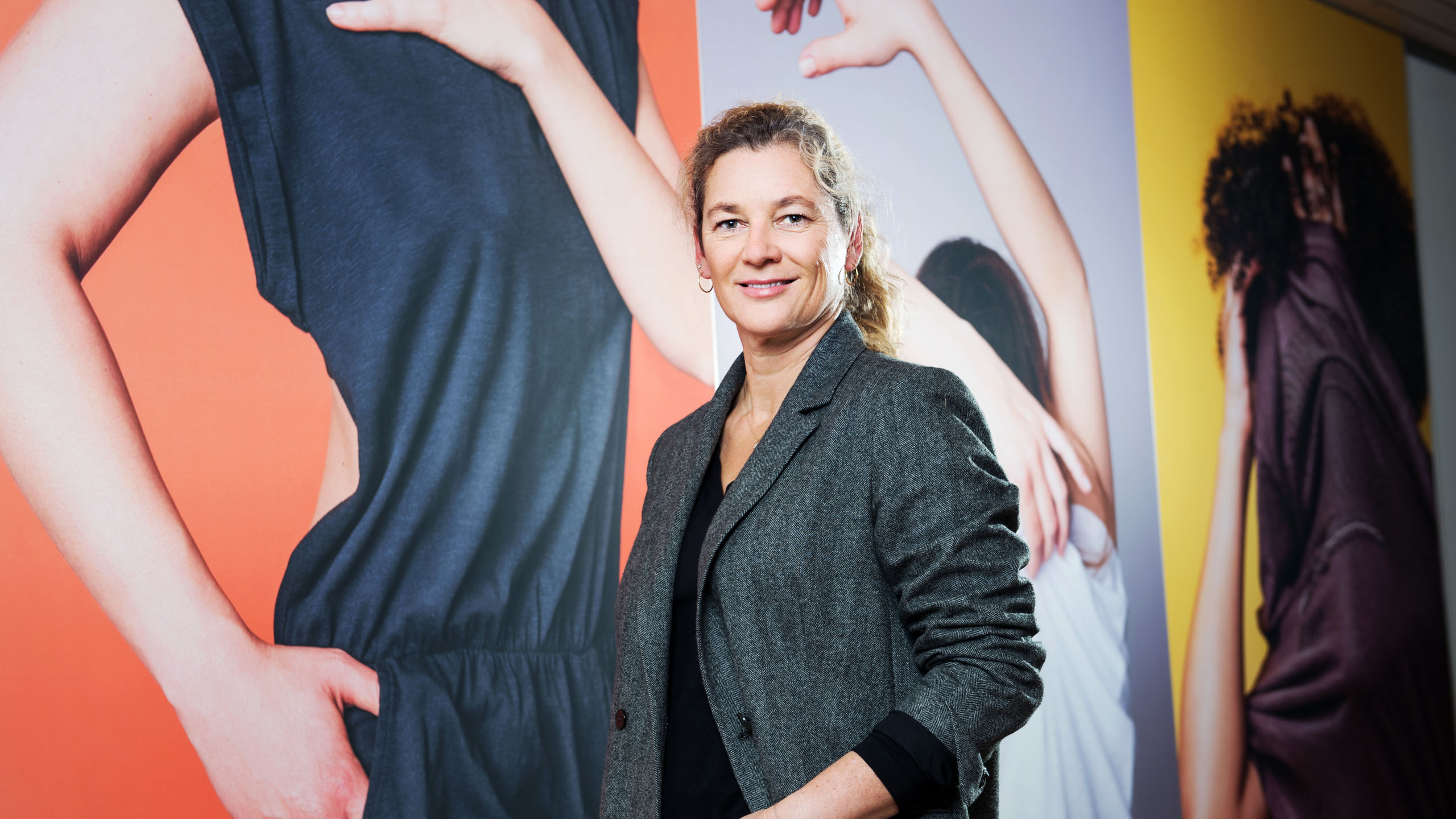
Dear Ms Röttges, Remei AG is one of the organic cotton textile pioneers in the textile industry when it comes to climate protection and taking responsibility for humans and nature. What is special about your economic model?
Since its foundation in 1983, Remei AG has been taking responsibility for its entire supply chain, from the seeds we use and sustainable production down to the final textiles in the stores. Our supply chain is completely transparent, we compensate each and every carbon emission in our supply chain and practice fair trade. With these and further measures, we are doing what we can to drive a system change.
In contrast to Offsetting, Insetting compensates emissions in a company's own supply chain. What are the conditions for this to work?
To ensure that Insetting is successful, you need to know your supply chain in detail. Our "From Fibre to Fashion" approach, covering the entire chain from seeds to the finished textiles, covers all processes and forms the basis for transparency and total traceability within the textile value chain. In this way, we can also establish precisely how many emissions are produced at the individual production stages and compensate them right at the beginning of the supply chain.
What are the advantages of compensating greenhouse gas emissions in your own supply chain apart from protecting the environment?
Our Insetting efforts include measures like financing biogas plants and efficient furnaces for the farmers in the cotton growing regions. By building smoke-free furnaces, we protect the health of families and at the same time reduce carbon consumption right at the beginning of the textile chain. The fact that we know each and every production step within the supply chain in detail also has a beneficial effect on quality and cooperation in the supply chain because the financial means we mobilise to protect the environment remain in our value chain. Also, it helps us strengthen our relationships with suppliers and see more clearly what the strengths and weaknesses in our supply chain are, which helps achieve excellent quality and resilience of flow of goods.
Find more information here:
- Texpertise Network
- Perspectives: The climate deal